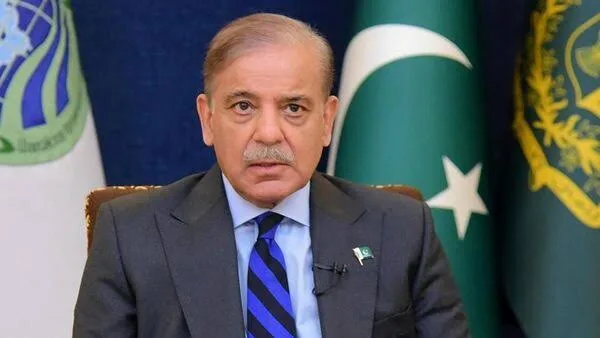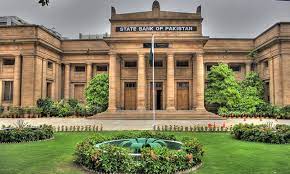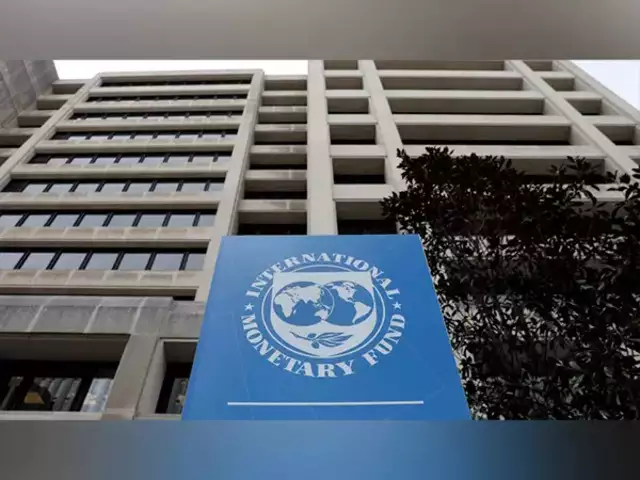Pakistan-UAE diplomatic relations, Foreign Minister Ishaq Dar announced on Sunday that the United Arab Emirates (UAE) has officially implemented a visa exemption facility for Pakistani diplomatic and official passport holders, effective from July 25, 2025.
Dar, who is currently visiting the United States, shared the news in a post on X (formerly Twitter), confirming that the visa waiver agreement had been finalized during a bilateral meeting held on June 24, 2025, with UAE Deputy Prime Minister and Minister of Foreign Affairs Sheikh Abdullah bin Zayed Al Nahyan in Abu Dhabi.
The agreement was the result of high-level diplomatic engagement between the two countries, culminating in the signing of a memorandum of understanding (MoU), which outlines mutual visa exemptions for both Pakistani and Emirati diplomatic and official passport holders.
Dar explained that, “The MoU, which both sides signed to formalise the exemption, was to take effect 30 days from the date of signature.” With the 30-day period now concluded, the UAE has officially operationalized the exemption.
This move now allows holders of Pakistani diplomatic and official passports to enter the UAE without requiring a visa, across all ports of entry. This is expected to streamline diplomatic travel and enhance bilateral cooperation between Pakistan and the UAE.
Highlighting the reciprocal nature of the agreement, Dar also confirmed that UAE diplomatic and official passport holders will now be able to enjoy visa-free access to Pakistan through all international airports.
This step reflects an effort by both governments to deepen bilateral relations, improve state-level connectivity, and reduce administrative hurdles for officials involved in cross-border cooperation.
Despite the positive diplomatic breakthrough, the announcement was met with criticism from sections of the Pakistani public, especially on social media platforms. Critics accused the government, particularly Prime Minister Shehbaz Sharif’s administration, of prioritizing facilitation for VIPs while neglecting the pressing concerns of ordinary Pakistani citizens, especially labourers and low-income workers.
Many pointed out the irony that while diplomatic passport holders now enjoy visa-free entry, stringent visa restrictions continue to hamper the mobility of Pakistani workers, who form a major segment of the expatriate population in the UAE and contribute significantly to Pakistan’s economy through remittances.
The growing frustration stems from reports of increased visa denials for Pakistani laborers and ordinary citizens, particularly from lower-income backgrounds. Many families have complained about long delays, uncertain application processes, and lack of institutional support when seeking UAE visas for employment or family visits.
As one critic posted on social media:
“Those who carry the weight of the economy on their shoulders are being ignored. It’s the elite who get visa-free access while the common man suffers.”
This disparity has prompted calls for a balanced visa policy—one that recognizes the contributions of the working class and ensures fair access to travel opportunities for all citizens, not just government officials and diplomats.
Public discourse now emphasizes the need for comprehensive visa negotiations that include provisions for skilled and unskilled workers, students, and families. Several analysts argue that the government must leverage its diplomatic ties to advocate for eased visa conditions for ordinary Pakistanis in the UAE, especially considering the massive Pakistani diaspora working across various sectors in the Emirates.
There is also growing pressure on the Ministry of Foreign Affairs to initiate dialogue with UAE authorities to review existing labour policies, promote legal migration, and provide consular protection to those facing exploitation or deportation threats abroad.
While the visa waiver for diplomatic and official passport holders is undoubtedly a milestone in bilateral relations, it has also laid bare the social inequality in access to travel rights. Observers believe that to ensure a more inclusive foreign policy, such privileges must eventually be extended beyond the corridors of power.
The government is yet to respond directly to the criticism, but experts suggest that greater transparency, public engagement, and balanced diplomacy could help bridge the trust gap and strengthen Pakistan’s global standing.
The Pakistan-UAE visa exemption for diplomats is part of a wider regional trend of facilitating inter-governmental collaboration. If managed wisely, it could pave the way for broader mobility agreements in the future. However, to truly reflect national interests, such developments must also prioritize the concerns of overseas workers, whose earnings are a lifeline for Pakistan’s economy.
Stakeholders in the foreign ministry, labour welfare departments, and consular services are being urged to initiate multilateral frameworks that ensure equitable visa facilitation for all segments of society.




